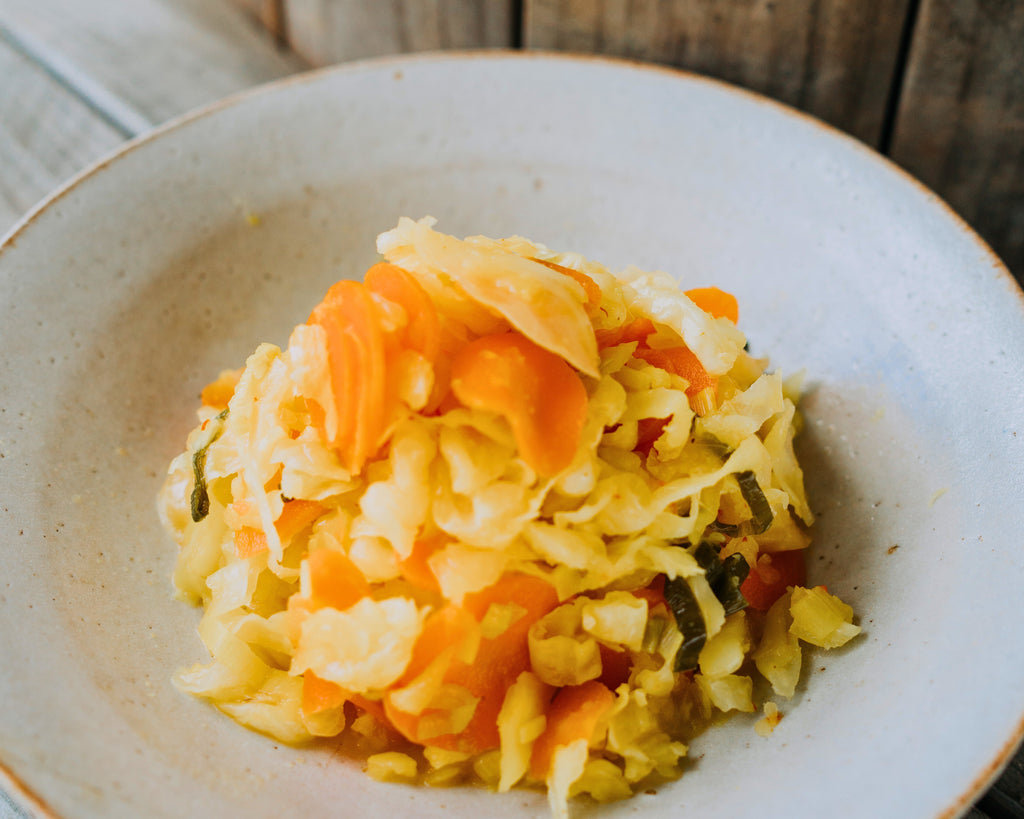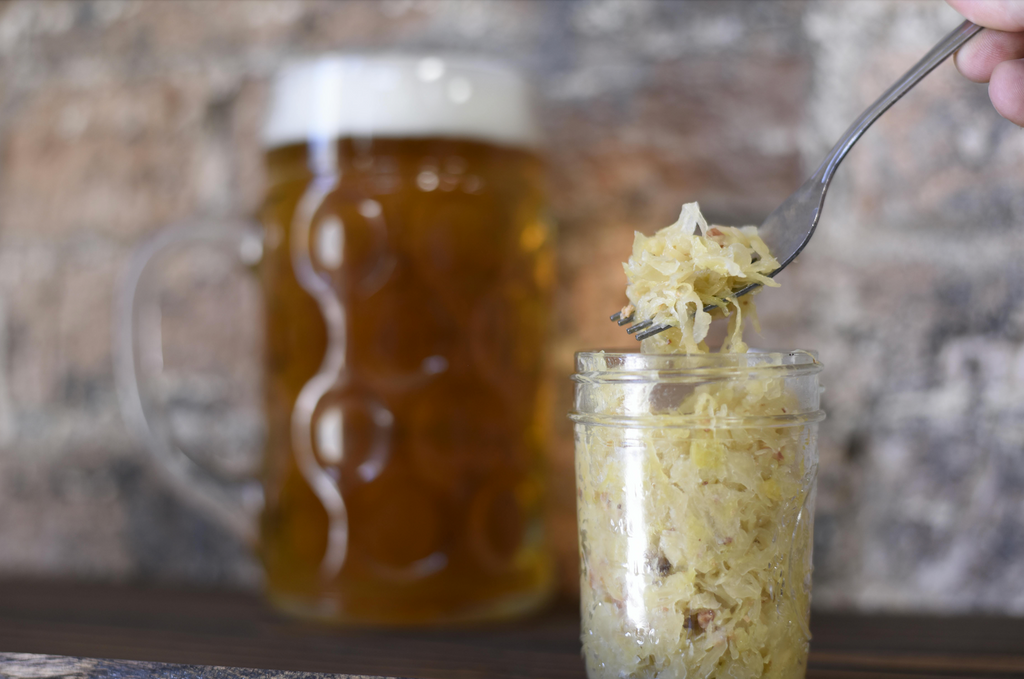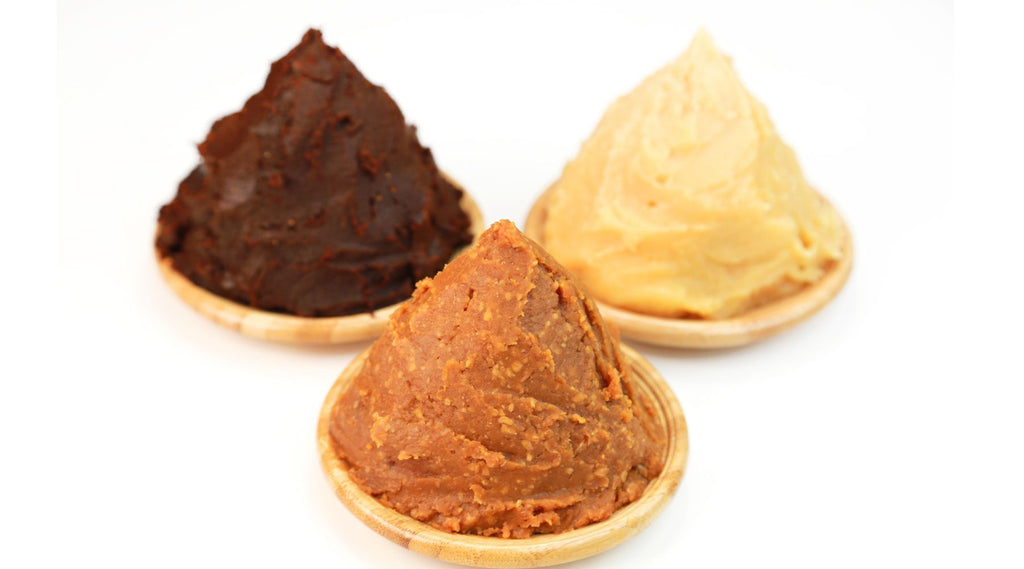As self-isolation and mental health and social distancing compete for the term of the new decade, boosting the immune system to better deal with COVID-19 is vital for good health. Keeping our minds healthy and focused is as important as being physically healthy at the best of times. However, this takes on added significance as we deal with the ongoing coronavirus emergency. This includes our mental wellbeing. The link between social isolation and mental health though, needn’t be problematic. See how fermented and probiotic food can help during this time.
There are many ways to keep mentally and physically healthy while practising self isolation. Examples are: regular exercise, vitamin D through sun exposure, a healthy diet and staying in touch (via phone or online) with loved ones. Equally helpful is getting the right number of hours’ sleep. All of these play an important role in general wellbeing.
One we’ll cover here is to feed your gut the right good bugs to boost the microbiome. This creates a good balance promoting the helpful gut bacteria. The big advantage of doing so is strengthening the body’s immune system to help ward off infections, you can help assist this with fermented and probiotic foods.
Self isolation and mental health — the link

Food is crucial to our general mood and wellbeing. According to this article from Queensland Health, food and mood are inextricably linked. As well as adding prebiotic, fermented and probiotic food to our everyday diet, the department advises that we limit foods that will have a poor effect on our mood and mental wellbeing. These are known as discretionary foods and include sugary chocolate, sugar-laden drinks, and highly processed foods.
These foods will feed the “bad” bacteria in our gut which has been found to have a bad effect on our mental health. This may combine with the already high levels of stress associated with self isolation to worsen mental health and wellbeing.
Check here for a full list of those discretionary foods to limit or avoid.
Good gut health has a positive effect on our mental health. The gut-brain connection is a new, but exciting area of research. This has turned the way scientists and health experts look at our mental and physical health. See this article from Psychology Today for more information in how this connection works.
But what’s the link with social isolation? Dr Jud Brewer MD, PHD, an author, neuroscientist and associate prof at Brown University, told Health.com in a March 18 article.
“Because social contact is such a fundamental human need, we suffer both mentally and physically without it.”
Brewer continues that, while self isolation and social distancing are not the same as the scourge in our society of loneliness, the anxiety experienced may feel the same. This is completely understandable in the light of recent world events.
Self isolation and mental health: Prebiotics and probiotics: what’s the difference?
Probiotics

Let’s drill down a little into probiotic and prebiotic food. Adding more of these to your diet will help feed the good gut bacteria in your stomach. But what’s the difference? Fermented and Probiotic food — such as sauerkraut, kimchi, yoghurt, kefir and other fermented foods — will add beneficial bacteria to your gut. This will improve the balance of the good bacteria in favour of the “old friends”. These are those gut bacteria that positively affect our physical and mental wellbeing.
Always select probiotic food that has live bacteria (check the label). Many have been pasteurised and the good bugs destroyed. At Gutsy Ferments our products are raw and probiotic-rich, certified organic and fermented in oak barrels (no plastics) for four to six weeks. We also source our products locally to support local producers.
Prebiotic food
Unlike probiotic food, prebiotic food doesn’t necessarily contain bacteria. However, this high fibre food cannot be digested by the stomach, so they act as food for our “good” gut bacteria. A diet high in dietary fibre will restore the balance of the gut microbiome in favour of beneficial bacteria. Some excellent prebiotic foods are Jerusalem artichokes, garlic, onions, asparagus, bananas, oats, apple and cocoa.
Social isolation and mental health need not be a negative experience. Adding fermented and fibre-rich foods will be a positive change. Boosting your immune system by getting the right balance of gut bacteria is essential to back our immune systems against any invasive virus.
Stay healthy and safe and please observe distancing rules and guidelines in your state. Please note this article is intended as a guide only. Consult your health professional for qualified advice on the benefits of a gut-healthy diet for you.
Kindly also note that this article is not claiming that a diet conducive to gut healthy bacteria is a cure or protective aid against the coronavirus. The virus is a novel coronavirus, which means our bodies’ immune systems haven’t learned how to protect us from it yet.
Always consult the Australian government’s Department of Health website or app for updates or the World Health Organisation (WHO) for other information.




